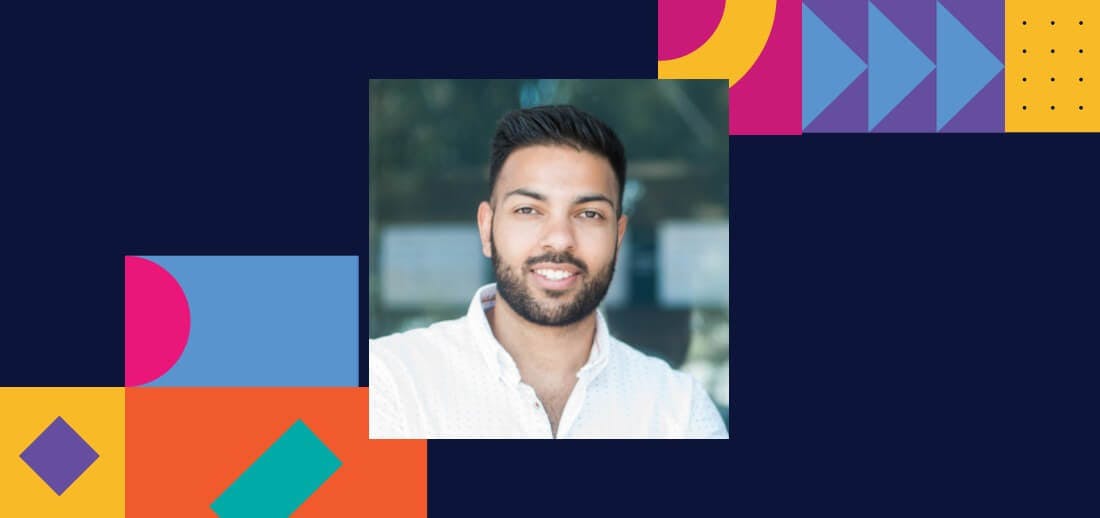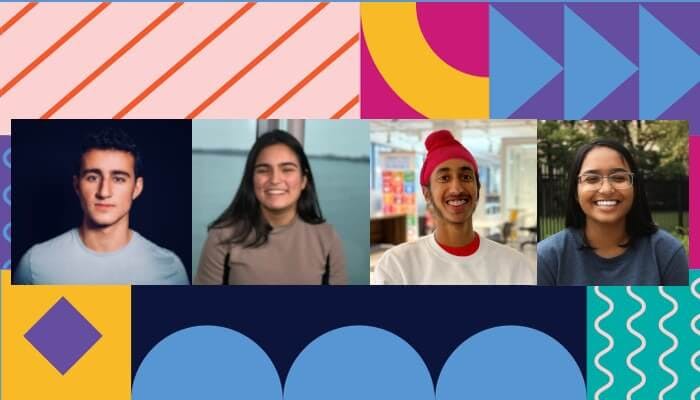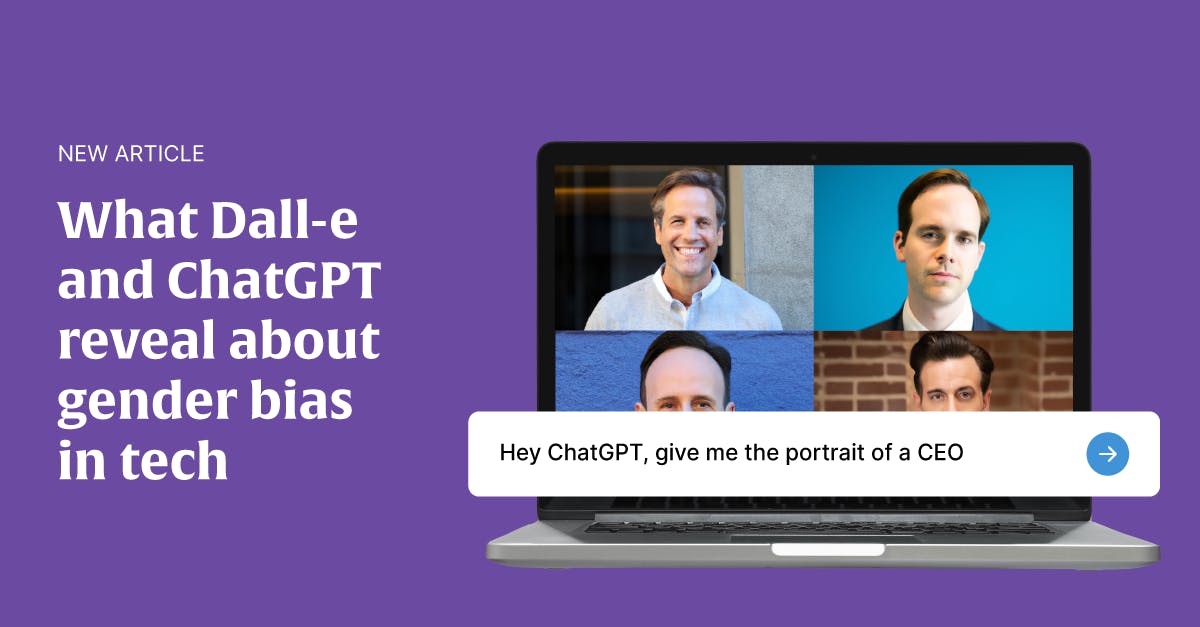Meet Willeasy, the company revolutionising global accessibility
Ahead of Web Summit 2023, we spoke with Willeasy’s William Del Negro about how his organisation supports...

You’ve heard that “knowledge itself is power”. But if the knowledge we are picking up isn’t preparing us for the challenges of tomorrow, how much power do we really have to change?
Web Summit’s community partner The Knowledge Society is on mission to do more with the near-boundless reserve of human potential in our population of close to 8 billion people. We chatted with the organisation’s co-founder, Nadeem Nathoo, for his take on how this education programme is influencing the fight for progress and fostering exceptional young people on the way to becoming leaders of a more sustainable and innovative future.
I have always prided myself on three north-star values:
These were integral to informing my early career working as a senior business analyst for McKinsey & Company. They were also shared by my brother and fellow co-founder, Navid.
We shared another principle though – a drive to make an impact. We thought we’d need to save millions to make that a reality. But we live in an age where individuals can change the world with a simple idea. In the past, transformation meant being a great explorer, a scientist, a military leader. Technology has reduced the gap between change and people with the desire to make it happen, provided you have the right outlook and strategy.
My brother and I had always volunteered our time for aid programmes in communities worldwide. Honduras, Kyrgyzstan, East Africa – the incredible opportunities we got to help people made us realise three things. The first was that we could make a direct impact. Second, education was a cornerstone of changing lives. And third? We didn’t need millions to make change happen.
At the moment education is a government-led monopoly. It’s right that public organisations take the lead on what and how our children learn. But this educational approach oversimplifies a process that should be fluid, adapting content, teachers and learning methods to the changing world we live in. As it stands, schools and tertiary institutions are rooted in a twentieth century mindset that blocks innovation and doesn’t develop young, empowered thinkers.
On the other side of this issue, there seems to be an attitude that demonises education organisations that try to do something different while making a profit. It’s bizarre because universities profit off people’s education! As it stands these colleges are locked in a cycle with schools, companies and banks. This ensures most children of school age are encouraged to go to formal university as the only pathway (via a costly student loan) to a conventional office job. As long as this pathway is the standard, there will be little positive change in education.
This gap between those who can afford a good education and those who get it is also widening as time goes on, making universal education for all an increasingly difficult target to meet. With The Knowledge Society we make it very clear from the outset that finances are not going to be a barrier to exceptional children joining our education programme. We have a number of tuition support schemes and grants available to ensure we get the best minds possible onboard.
The Knowledge Society trains young people to maximise their ability to make an impact in the world. Exceptional students apply for The Knowledge Society programme and, if they pass an interview and are accepted, join a cohort of 30-40 young people. Each cohort meets every weekend for 10 months from September until June to learn in interactive sessions with directors of learning from four core areas: tech/science, challenges, hackathons and life skills.
Among our current cohort attending Web Summit we have some extremely high achievers. Here are a few examples:
Working under the supervision of Synex Medical, he’s building a wearable device that can non-invasively measure blood metabolites (like glucose and cholesterol) in real time, helping to better manage and prevent heart disease and diabetes.
She is the youngest employee at neurotechnology company Neuralink. She recently secured a six-figure grant to work on a confidential brain-computer interface project that will help solve neurodegenerative diseases.
He is helping to build Cequest, a novel method for carbon sequestration. Devinder recently received a grant for competing in Elon Musk’s US$100 million XPRIZE competition for gigaton scale carbon capture.
She is the youngest employee at General Fusion, one of the top companies researching and developing technologies in the area of nuclear fusion. Brianna was previously involved in projects at Sanctuary AI and Xanadu.
 Ben, Anaya, Devinder and Brianna.
Ben, Anaya, Devinder and Brianna.
In the wake of the Covid-19 pandemic The Knowledge Society also ran a number of online courses and masterclasses, to great success. We hope to use this platform to expand the company further than ever before and reach more exceptional learners all over the planet.
The opportunity to address crowds of tech experts, entrepreneurs and changemakers in one of the world’s most important discussion forums is invaluable to us. It’s easy to forget that, despite the incredible talents and aptitude of our students, many of them are only 15 or 16 years old. This type of experience will be a life lesson that they’ll never forget.
Another point is that our students are living examples of how the education programme works. We’ll have five students addressing the Web Summit audience, with five others accompanying them. These young people will network, start conversations and show people how The Knowledge Society can teach the right skills to the innovating minds of the next generation.
There’s an arrogance in the West about how we move the world forward. We tend to think of it as a top-down solution, where any changes we make will be adopted elsewhere. But I don’t believe that. Local knowledge and experts will be key to transforming regions, then the world.
In the near future we would like to see The Knowledge Society expand to more locales so we can continue to unlock human potential and encourage positive change to be a force that is happening everywhere all at once. We already reach 40+ countries, but the power of online teaching means that we can reach many, many more in the short term, before in the long term hopefully rolling out our education programme with in-person experts and students.
Over the next few years we also want to expand the support network we have for our existing students, ensuring that they remain lifelong learners and have access to whatever they need to continue making positive change happen long after their education programme comes to an end.
People, not companies or policies, are going to be difference makers to where the world heads over the coming years. If we use education to refine our boundless human potential, we can make people the best they can be.
Main image: Web Summit
Ahead of Web Summit 2023, we spoke with Willeasy’s William Del Negro about how his organisation supports...

We asked Dall-e and ChatGPT to show us what a founder and CEO of...